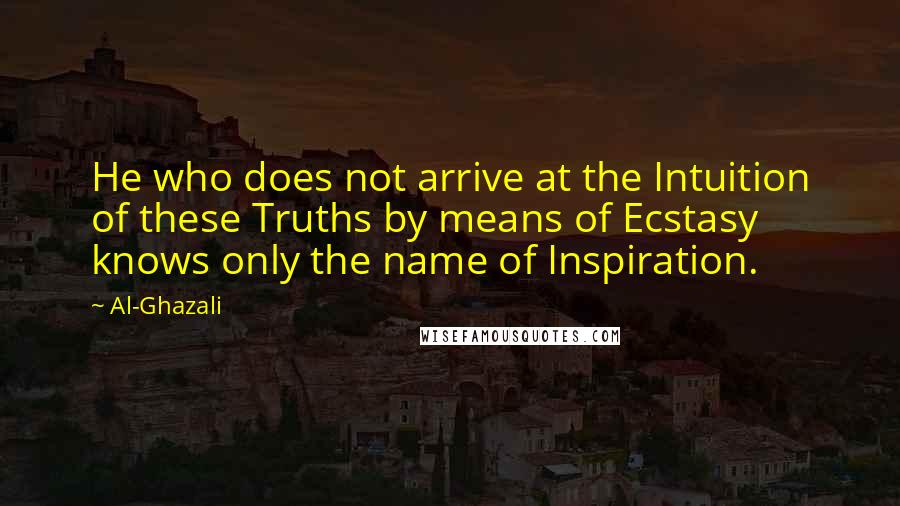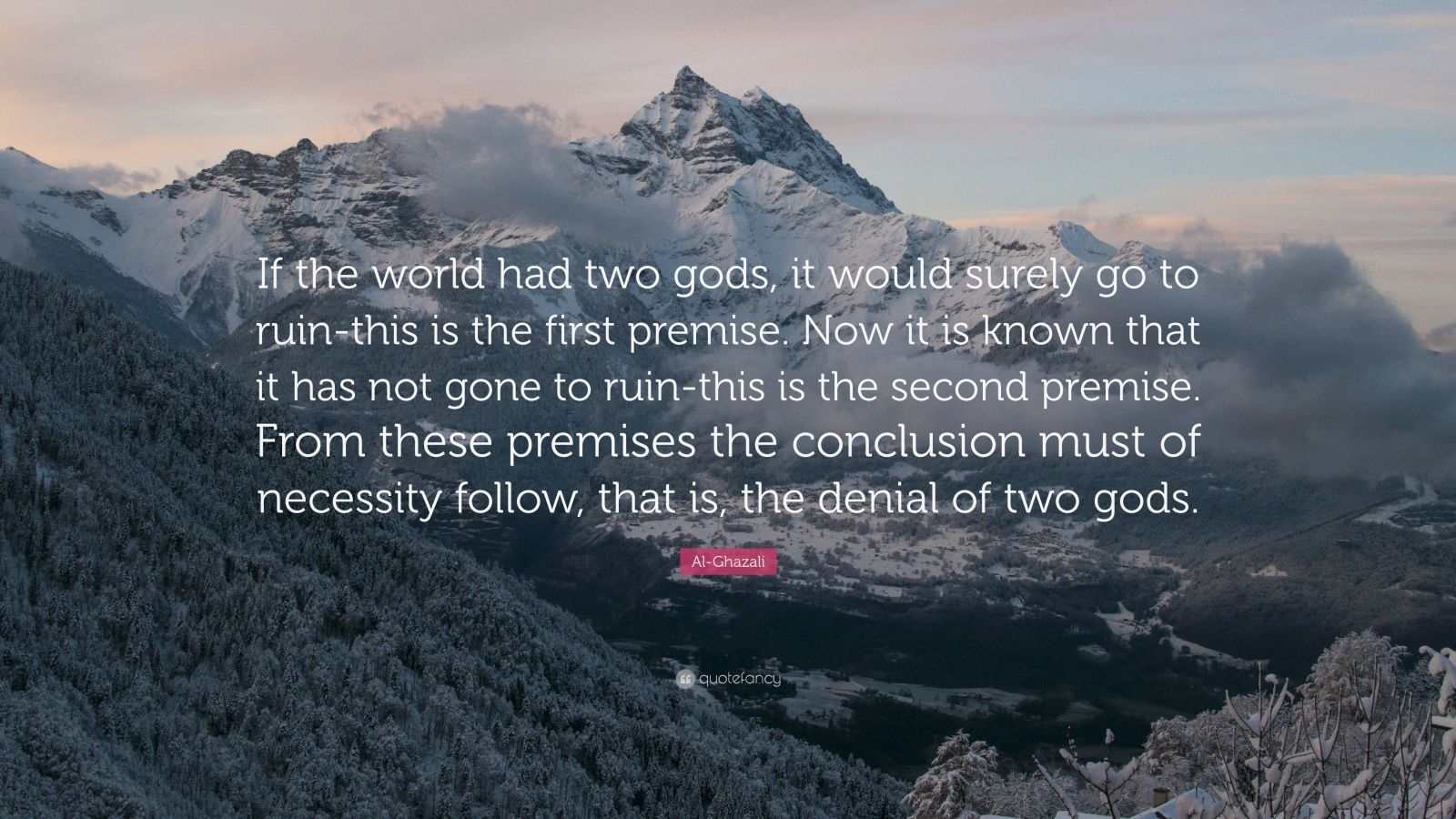
He visited Nishapur, Maragheh, Hamadan and Isfahan. Hence the practice of naẓar-bāzī or šāhed-bāzī, gazing on young and beautiful faces, a practice for which he became notorious.Īhmad Ghazālī travelled extensively in the capacities of both Sufi master and a popular preacher. Since God is both absolute beauty and the lover of all phenomenal beauty, Ahmad Ghazālī maintained, to adore any object of beauty is to participate in a divine act of love. His belief that all created beauty is an emanation of divine beauty was likewise Hallajian or neo-Platonic in origin. Many of the topoi ( maẓāmīn) used by later poets such as ʿAṭṭār, Saʿdī, ʿIrāqī, and Ḥāfeẓ, to name but a few, can be traced to his works, particularly the Sawāneḥ.Īmong his predecessors, he was influenced most strongly by Ḥallāj, and he made of his idea of essential love the basis of his own thought. He was advanced in Sufism by 1095, and his brother Abū Ḥāmid asked him to teach in his place in the Nezamiya of Baghdad and assume responsibility during his planned absence.Īhmad Ghazālī’s thought, centered as it was on the idea of love, left a profound mark on the development of Persian Islamic mystical literature, especially poetry celebrating love. He turned to Sufism while still young, becoming the pupil first of Abu Bakr Nassaj Tusi (died 1094) and then of Abu Ali Farmadi (died 1084). Here he was educated primarily in jurisprudence. One must hear with the ear of the mind and the heart.The younger brother of the better known theologian, jurist, and Sufi, Abū Ḥāmid Muḥammad al-Ghazālī, Ahmad Ghazālī was born in a village near Tūs, in Khorasan. Those grounded in love renounce faith and religion as well as unbelief. Those loving truly do not think about their own lives and sacrifice their desires. All appearances are just the shadow of the Simurgh. If they look in their hearts, they will see the divine image. If they succeed, they will not be God but they will be immersed in God. She states that the different birds are just shadows of the Simurgh. The Hoopoe reprimands the Sparrow for taking pride in humility and recommends struggling bravely with oneself. The Humay is distracted by ambition, and the Owl loves only the treasure he has found. The Hoopoe advises the Partridge that gems are just colored stones and that love of them hardens the heart she should seek the real jewel of sound quality. The Duck is too content with water to seek the Simurgh. The Parrot longs for immortality, and the Hoopoe encourages the Peacock to choose the whole. The Nightingale says that the love of the Rose satisfies him, and the journey is beyond his strength but the Hoopoe warns against being a slave of passing love that interferes with seeking self-perfection.

She recommends Simurgh as their true king, saying that one of his feathers fell on China.


The Hoopoe presents herself as a messenger from the invisible world with knowledge of God and the secrets of creation. When the birds assemble, they wonder why they have no king. One cannot gain spiritual knowledge without dying to all things. The soul will manifest itself when the body is laid aside.

'Attar believed that God is beyond all human knowledge. 'Attar began The Conference of the Birds (Mantiq al-tair) with an invocation praising the holy Creator in which he suggested that one must live a hundred lives to know oneself but you must know God by the deity, not by yourself, for God opens the way, not human wisdom.


 0 kommentar(er)
0 kommentar(er)
